The arrest of Delhi Chief Minister Arvind Kejriwal by the Enforcement Directorate (ED) has sent shockwaves through the political landscape of Delhi, sparking protests and clashes between Aam Aadmi Party (AAP) activists and law enforcement authorities.
Kejriwal's arrest stems from his alleged involvement in the Delhi liquor policy scam, prompting him to withdraw his petition challenging the validity of the arrest in the Supreme Court. Abhishek Manu Singhvi, Kejriwal's lawyer, cited the transfer of the case to a lower court as the reason for withdrawing the application.
The development has ignited tensions in Delhi, especially with Lok Sabha elections looming ahead. AAP supporters have taken to the streets in protest, leading to confrontations with police personnel. Delhi Minister and AAP leader Atishi were reportedly involved in a verbal altercation and scuffle with law enforcement officers during the protests.
ED sources have confirmed that Kejriwal will be presented before the Rouse Avenue court on Friday, with the agency likely to seek his custody for ten days.
Kejriwal's arrest marks a historic moment in independent India, making him the first sitting Chief Minister to face such charges just weeks before the crucial Lok Sabha elections. Despite his detention, AAP has affirmed that Kejriwal will continue to serve as the Chief Minister of Delhi.



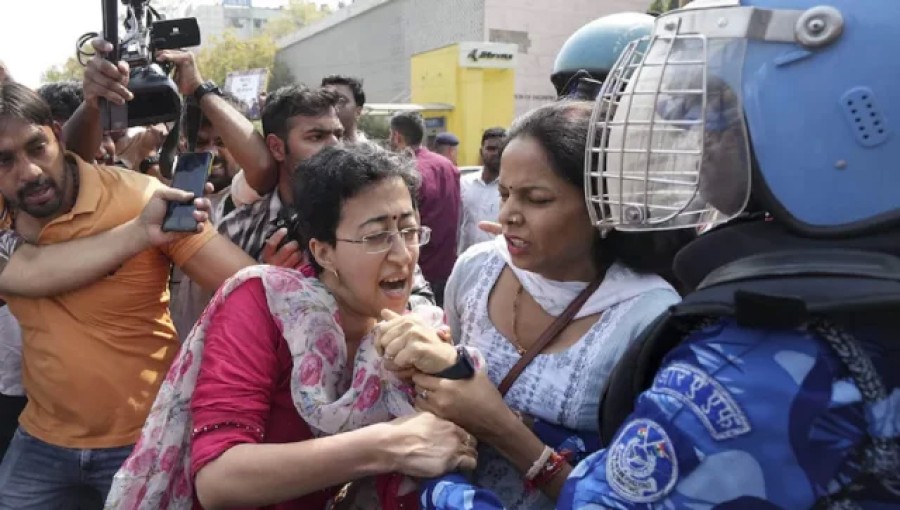






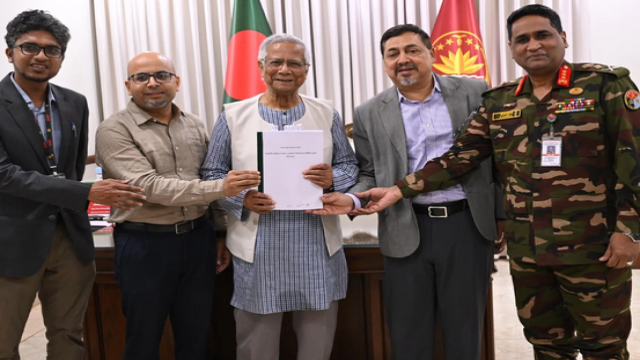
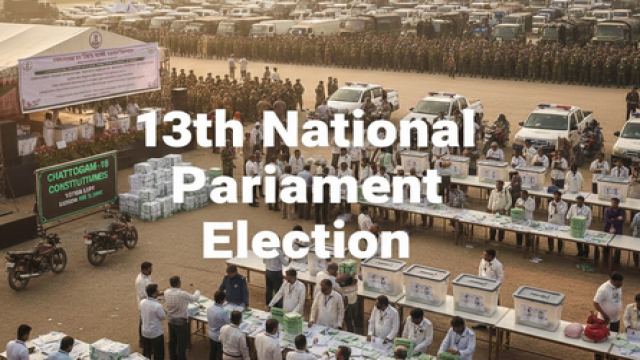
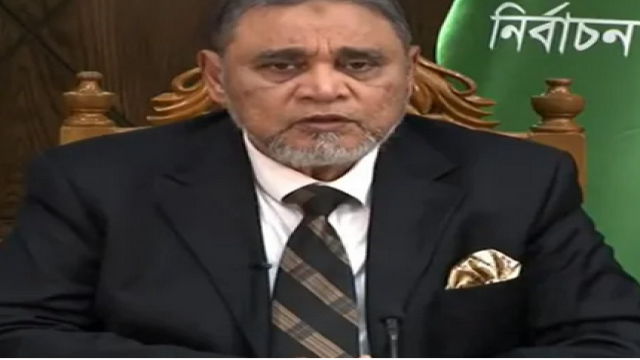
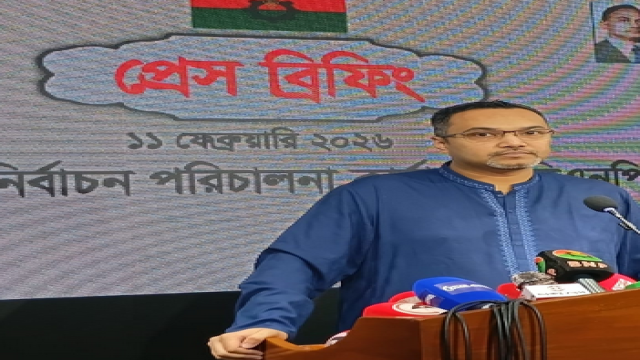
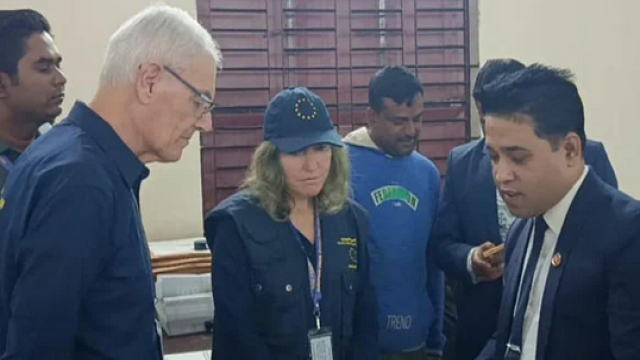
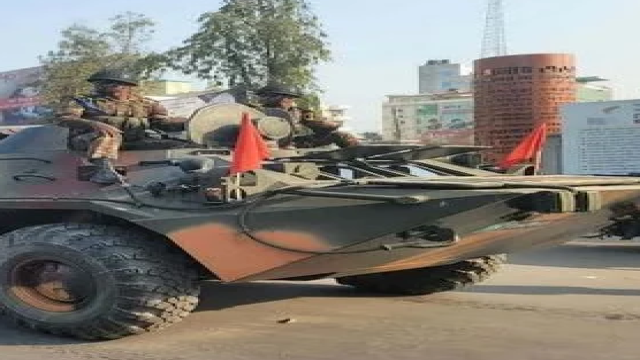
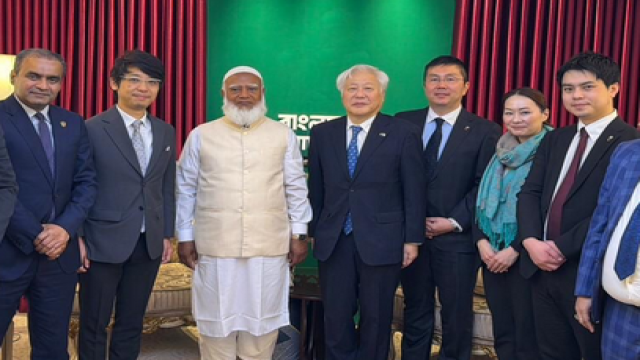
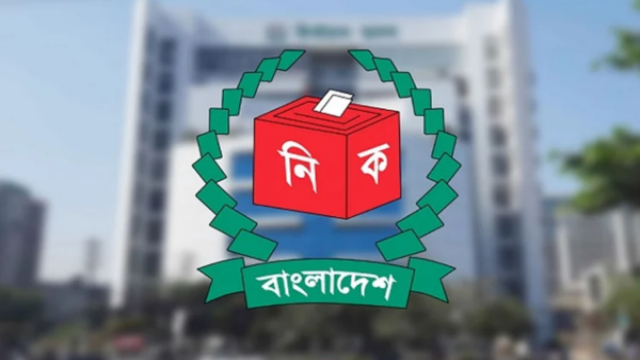
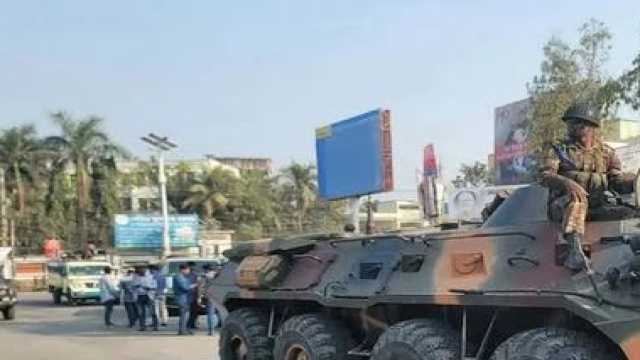
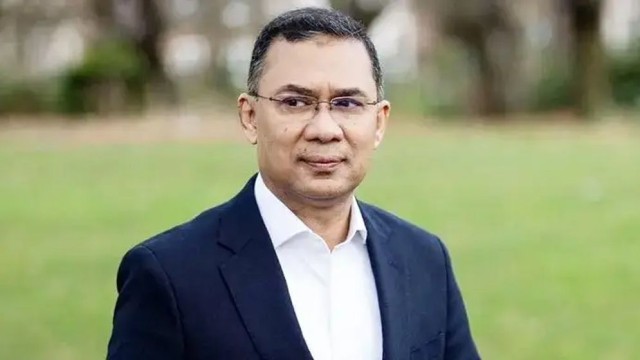











Comment: